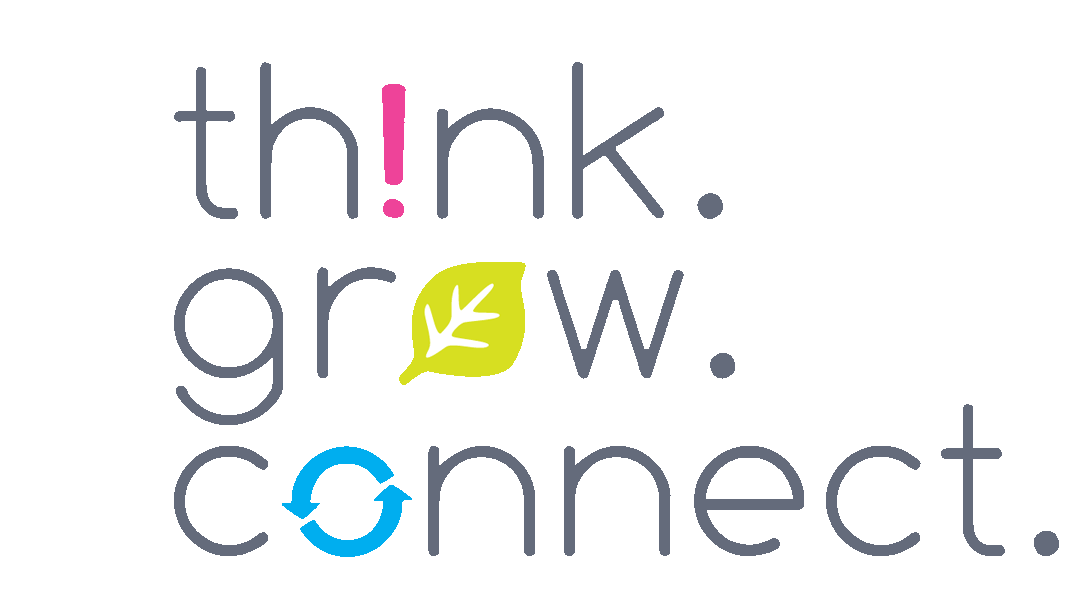autism assessment package
Our autism assessment package follows the Autism CRC National Guidelines for Assessment and Diagnosis.
Following an autism assessment final diagnosis is provided by a paediatrician or psychiatrist as part of a multi-disciplinary assessment. We follow the “National Guidelines for the Assessment and Diagnosis of Autism Spectrum Disorder”, and use standardised assessment tools.
-
Cognitive assessment using the WPPSI IV, WISC V or WAIS IV – 3 hours
Cognitive assessments help to determine an individual’s learning capabilities by identifying cognitive strengths and weaknesses and are used as part of comprehensive assessments to aide diagnosis. They are used to assist in the identification of various neurodevelopmental and learning differences such as intellectual delays, giftedness, specific learning disorders, autism and ADHD.
The cognitive assessment used is the WPPSI IV for children aged 2 years 6 months to 7 years 7 months and the WISC V for children aged 6 years 0 months to 16 years 11 months or the WAIS IV for adolescents and adults aged 16 years to 90 years, 11 months.
-
Autism Observation using the ADOS-2 / MIGDAS-2 – 2 hours
This assists in the assessment of autism related differences.
The Autism Diagnostic Observation Schedule, 2nd Edition (ADOS-2) is a semi-structured, standardised assessment of communication, social interaction, play, and restricted and repetitive behaviours. The Monteiro Interview Guidelines for Diagnosing the Autism Spectrum, 2nd edition (MIGDAS-2) is a sensory-based process for gathering and organising the qualitative information needed to diagnose autism in children, adolescents, and adults.
-
Clinical Interview using the ADI-R or MIGDAS-2 Interview - 2 hours
The Autism Diagnostic Interview-Revised (ADI-R) is a structured interview used for diagnosing autism, planning treatment, and distinguishing autism from other developmental disorders.
The MIGDAS-2 includes guidelines for gathering information from parents/caregivers and to conduct a sensory-based interview. This adds to a comprehensive behavioral profile that describes the individual’s distinct way of relating to the world, supplementing assessment scores and informing diagnosis and treatment planning.
-
Adaptive behaviour assessment using the Vineland-3 or ABAS-3 - 2 hours
The Vineland Adaptive Behavior Scales, 3rd Edition (Vineland-3) is a standardised assessment tool to measure adaptive behaviour and support the diagnosis of intellectual and developmental disabilities, autism and developmental delays.
The Adaptive Behaviour Assessment System, 3rd edition (ABAS-3) measures adaptive behaviour and is particularly useful for evaluating those with developmental delays, autism spectrum disorder, intellectual disability, learning disabilities, neuropsychological disorders, and sensory or physical impairments.
Total Time: 16 hours includes assessment sessions, screening questionnaires, review of all relevant information, report writing time and feedback.
Cost: $3800 ($3100 for adult assessment or assessment where a cognitive assessment has already been completed).
A feedback session follows the assessment and an assessment report is provided.
The assessment report is taken to a paediatrician, child and adolescent psychiatrist or psychiatrist for confirmation of diagnosis as part of a multidisciplinary assessment.
Useful information about diagnosis:
Autism CRC: https://www.autismcrc.com.au/our-work
Australian Government Department of Social Services National Autism Strategy 2025-2031: https://www.dss.gov.au/national-autism-strategy/resource/national-autism-strategy-2025-2031
